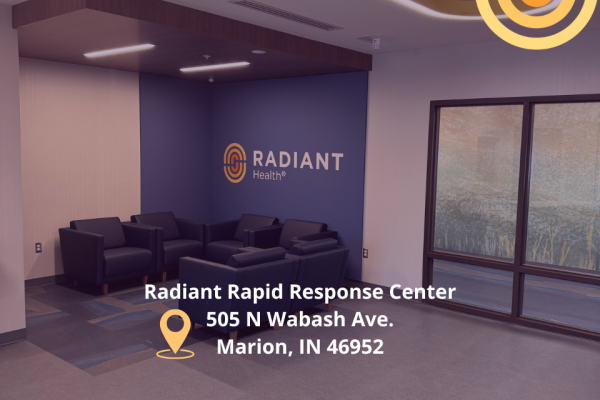If you type “Who should we blame for” into Google, you will find a myriad of results.

Who Should We Blame for. . .
Some of the headlines include obesity, the financial crisis, the holocaust, global warming, poverty, the government shutdown, mass shootings, and more. We always want someone to blame — someone to be held responsible.
Why do we have this incessant need to blame? The root of blame is our need to explain events and behaviors. If we are able to explain why something happened, it gives us a greater sense of control. In short, placing blame provides positive reinforcement by giving us the coveted sense of control.
Research has shown that when we attempt to explain our own behavior, we look for external causes. For example, a student who fails a test may attribute the instructor’s teaching style. But when we explain the behavior of others, we tend to look at internal causes (anger, jealousy, maliciousness, etc.) while ignoring external factors. The tendency to place blame on internal characteristics for the behavior of others is referred to in Social Psychology as the Fundamental Attribution Error.
When a tragedy occurs (like the Purdue shooting or the 3 children killed in a house fire), we frantically work to find who is at fault. Lionel Trilling once said, “Our culture peculiarly honors the act of blaming, which it takes as the sign of virtue and intellect.” Feeding off our need to explain events and behaviors, we live in a culture of blame.
The question at hand is does blaming always lead to justice? No. In fact, it often leads to discrimination, hatred, and even violence . So, let us move toward the day when unity replaces blame as the first response to tragedy.







